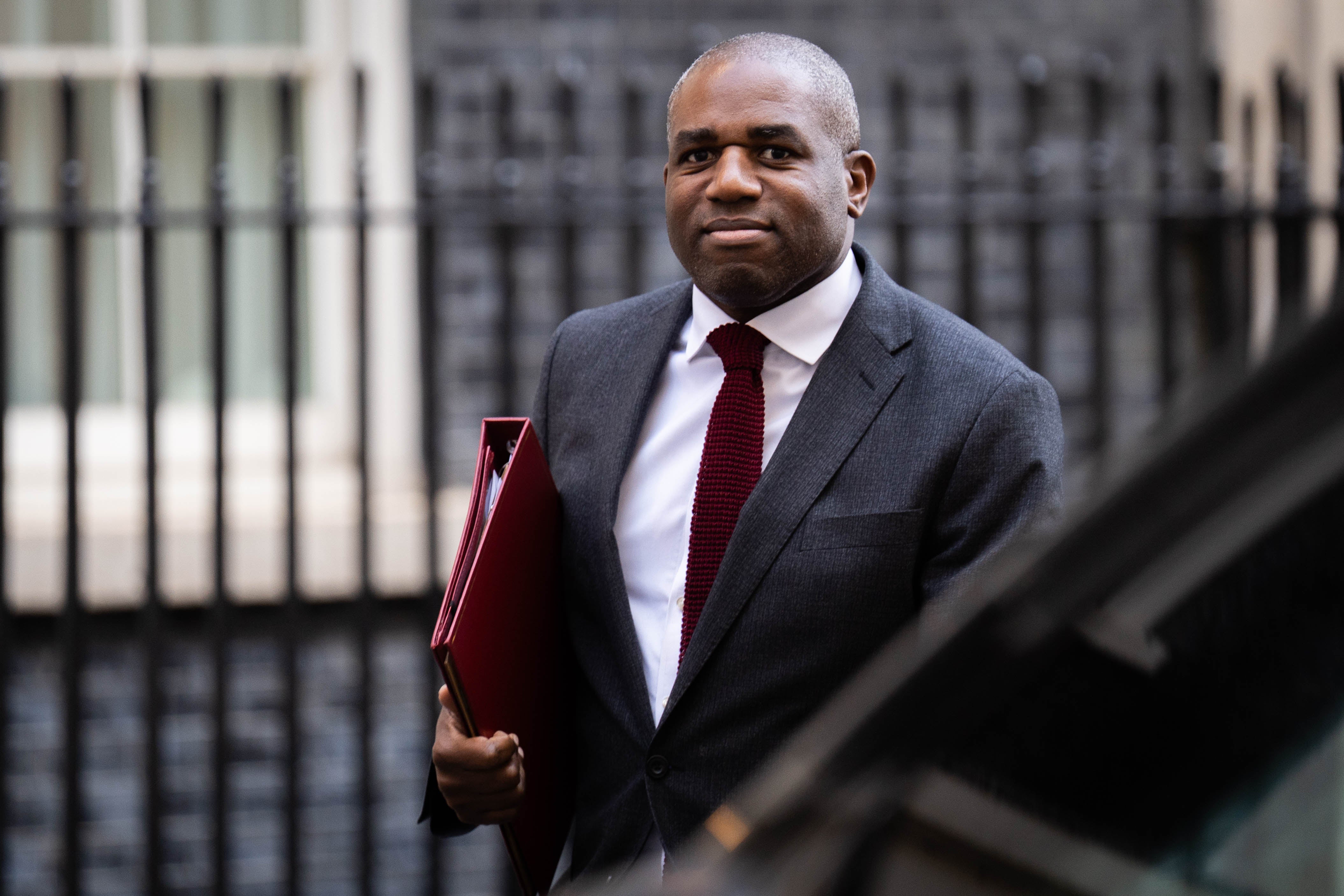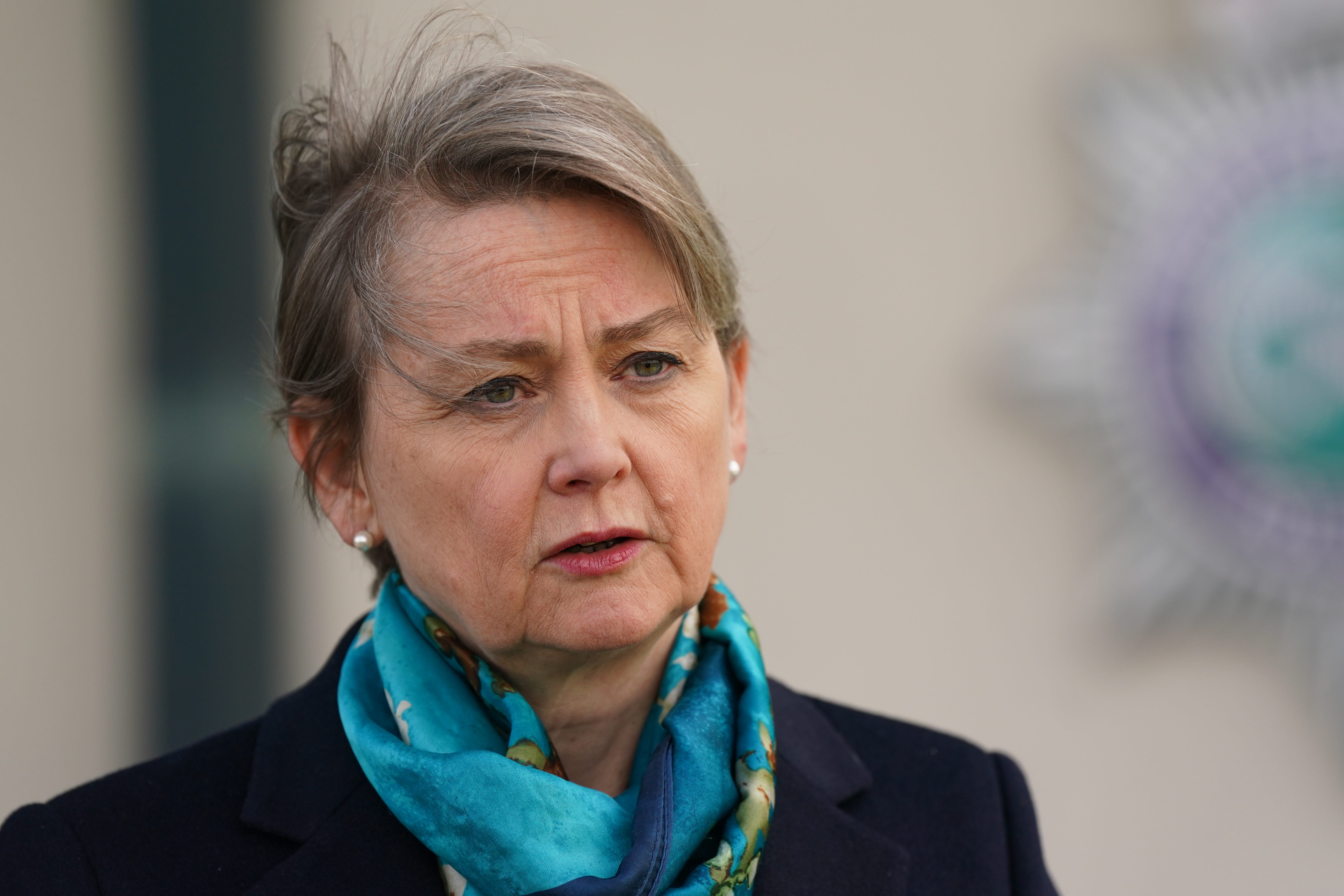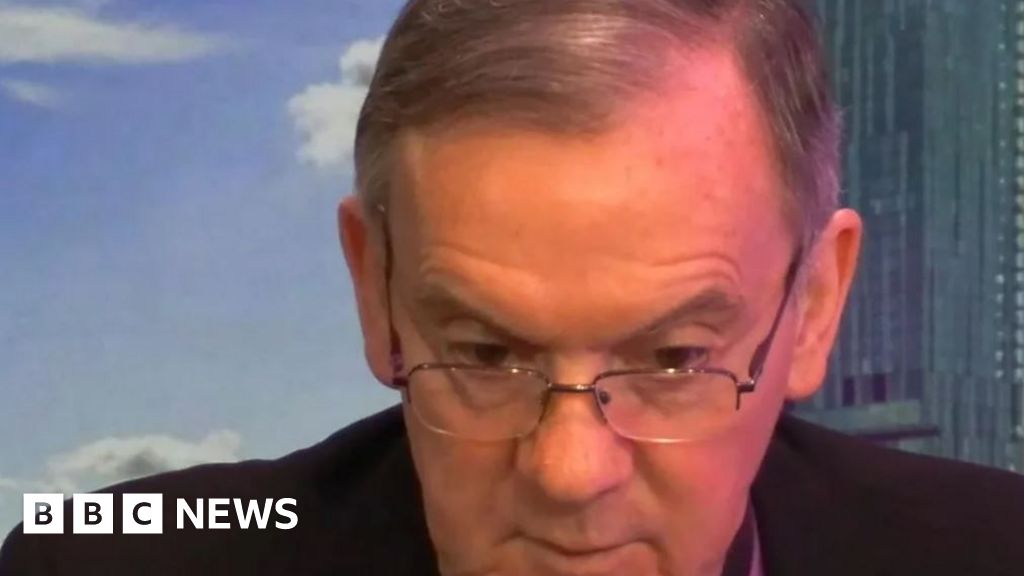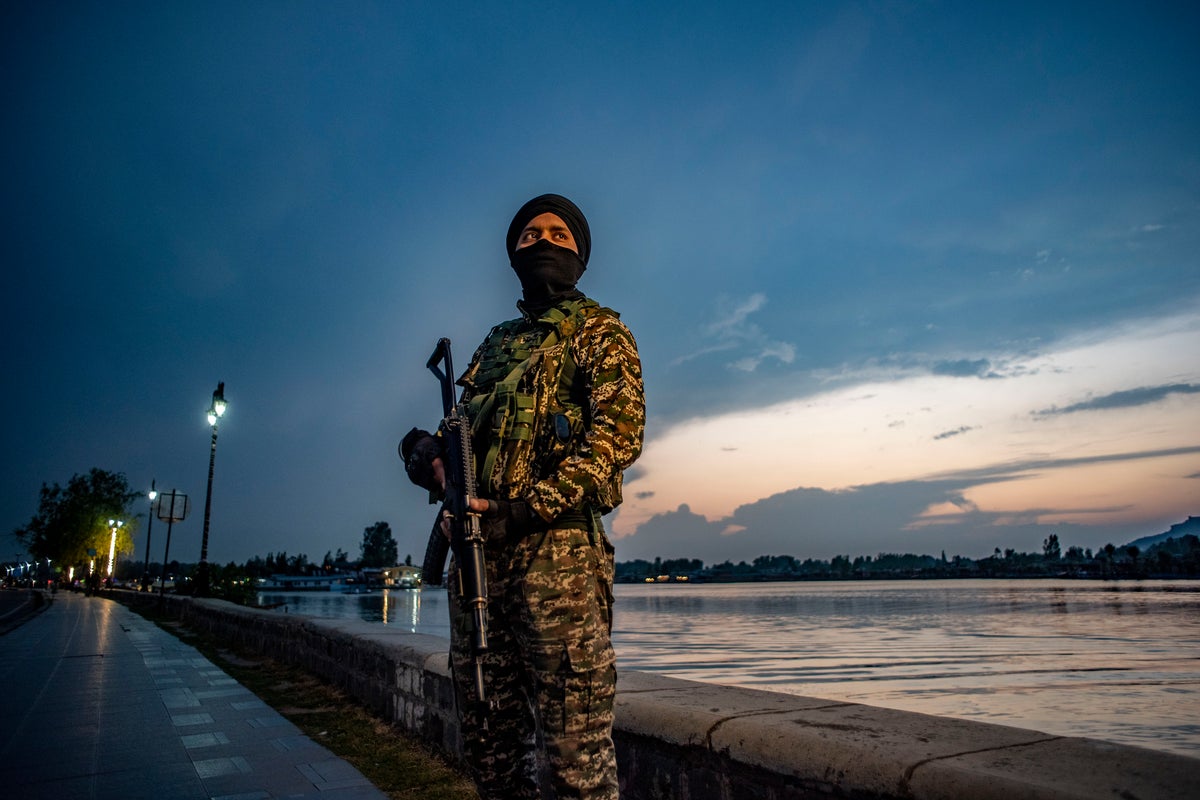David Lammy has ordered Foreign Office officials to ensure that tackling the migration crisis is on the agenda for every international summit and meeting, The Independent has learnt.
It comes as the government prepares to unveil its long-awaited white paper on migration policy as Labour attempts to tackle the growing threat posed by Nigel Farage and Reform.
Immigration, both legal and illegal, featured heavily in the recent local elections, where Reform won 10 councils, almost 700 seats and took Runcorn and Helsby off Labour in the by-election.

Polling by Techne UK for The Independent this week also put Reform up three points to their highest level of 28 per cent, while Labour was down to two to 23 per cent.
While Mr Lammy is taking a lead on illegal, “irregular migration”, the white paper will try to bring legal migration numbers under control by focusing on ensuring UK employers have a British-first recruitment and training policy instead of relying on foreign labour.
The crisis of illegal migration was laid bare by the recent revelation that more than 10,000 have crossed the English Channel from France this year. In 2024, that figure was reached around a month later.
Now, Mr Lammy wants the UK to use its leadership role in this area to get international partners to all up their efforts to tackle the ongoing crisis.
The foreign secretary told The Independent: “We need to normalise tackling irregular migration as a critical foreign policy issue by bringing it up the international agenda at every possible opportunity.
“This is an issue that has no respect for borders and requires a truly coordinated international response – as part of our Plan for Change, we are ensuring governments across the world see this as a default priority issue.”
He wants the issue to be on every agenda when he meets his counterparts to encourage partners to treat it as a “critical foreign policy issue” in its latest efforts to tackle organised immigration crime and protect vulnerable people from exploitation.

This will include ensuring it features in discussions within key forums like the UN, G7, and Berlin Process as the foreign secretary seeks to make irregular migration a business-as-usual item for top diplomats to discuss.
The government’s new approach was first seen at February’s Munich Security Conference in Germany, where Mr Lammy organised and co-chaired a meeting alongside Italian foreign minister Antonio Tajani, to brief other European countries on the development of the UK’s new irregular migration sanctions regime.
In April, the UK used its chair of the security committee of the Organisation for Security and Cooperation in Europe to encourage participating states to think creatively about how to tackle the shared issue of irregular migration.
At a UK-hosted meeting of the Nordic Plus in January, the UK facilitated a discussion on addressing the drivers of irregular migration, helping to cement the issue as an agenda item under the forum going forward.
The UK also hosted its own Organised Immigration Crime Summit in March, bringing together over 40 countries, including the United States, Vietnam, Iraq, and France, to unite behind a new approach to dismantle people smuggling gangs and deliver on working people’s priorities for secure borders.

This is the first time the full range of factors driving irregular migration, from the supply chain in small boats to anti-trafficking measures, illicit finance and social media advertising, have been explored at a global summit of this scale.
At the European Political Community Summit last July, the prime minister called on assembled European leaders to pursue an international approach to the growing irregular migration crisis – the summit was the first time that migration was discussed at an EPC working group, reflecting the UK’s push for further collaboration to tackle this shared challenge.
Mr Lammy believes this international approach is already bearing fruit, delivering enhanced cooperation on irregular migration with a range of partners. In a recent visit to the Western Balkans, the foreign secretary signed a new deal with Serbia focused on hunting down the people-smuggling gangs who have turned the region into a major transit route for irregular migration.
Meanwhile, home secretary Yvette Cooper is set to reveal her white paper on bringing down numbers on legal migration and “fixing Britain’s broken migration system”.
It will mean employers must train workers in the UK, as they seek to end a reliance on overseas labour and improve living standards for working people.
The skills thresholds for work visas will also be returned to degree level, while ministers say they will end a chronic underinvestment in domestic skills.
Ms Cooper said: “Migration must be properly controlled and managed so the system is fair. Instead, we’ve seen net migration quadruple in the space of just four years, driven especially by overseas recruitment.
“The last government lost control of the immigration system, and there was no proper plan to tackle skills shortages here at home.
“This has undermined public confidence, distorted our labour market, and been really damaging for both our immigration system and our economy.”
Under the plans, the skilled visa threshold will be raised to graduate level – with salary thresholds reflecting the higher skill level.
Occupants below this level will be able to access the immigration system on a strictly time-limited basis, ministers say, and only where there is strong evidence of critical shortages.
Employers will also have to commit to increasing skills and recruitment in the UK, while a new Labour market evidence group will look at sectors overly reliant on overseas labour.
The moves come as reports suggest the Home Office fears annual net migration will settle above the 340,000 level expected by ministers.
From 2028, net migration will be closer to 525,000, towards the top end of forecasts, because migrants stay for longer than previously thought, according to The Times.
The paper also said the white paper would restrict the ability of failed asylum seekers and foreign criminals to block their deportation through human rights laws.
This will include setting out more clearly what counts as a “family connection” to prevent estranged fathers claiming to be a part of their children’s lives.
Responding to the white paper, the shadow home secretary Chris Philp said: “Fixing Britain’s migration crisis requires a new radical approach. Labour had the opportunity to do this and have failed.”
He added: “If Labour were serious about immigration, they’d back our binding immigration cap and back our plan to repeal the entire Human Rights Act from immigration matters. But they have got no grip, no guts and no plan.”






